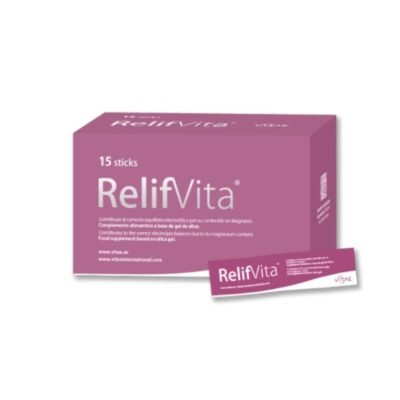There is a direct relation between the digestive system and our defence system, resulting in the fact that our intestinal flora establishes our first line of defences. Bacteria in general, and those of the macro biota in particular, present on their surface polysaccharides and proteins that act as antigens and stimulate both innate and acquired immunity. In this way, the continuous contact between the microbiota and the immune system induces the maturation of the latter in the early stages of life and acts as a kind of continuous training that keeps it in good shape in order to effectively repel infectious agents.
Conditions for a healthy digestive system
The three elements that control homeostasis of the digestive system are, diet, determined by everything we eat, the potential hydrogen level (pH), which determines distribution of the microbiota, and the microbial or microbiome flora.
A diet rich in meat is higher in fat and lower in fiber than a Mediterranean diet, increasing the concentration of intestinal microorganisms that tolerate high levels of bile acids. Fats become secondary bile acids of high carcinogenic potential due to the presence of intestinal bacteria.
It was also observed that a carnivorous diet reduced the number of bacteria that are normally used to metabolize the polysaccharides found in vegetables.
Therefore, diet has a huge influence on intestinal homeostasis.
pH levels
One of the most important connections between the digestive system and homeostasis is the maintenance of potential hydrogen balance, also known as pH, in the digestive system. pH controls the spatial distribution of microbiota together with the oxygen levels, which is another factor involved in the mentioned distribution, and the enzymatic functionality in the digestive system.
Homeostasis in the digestive system has the ability to maintain different pH levels, from slightly acidic saliva to a strongly acidic gastric environment. This also helps to degrade harmful substances. In the small intestine, a drastic change is observed reaching a significantly basic environment, which is required for specific intestine enzymes to function properly.
Thus, each part of the body has a different pH and homeostasis, and the body’s tendency to seek balance, regulates it constantly.
Microbiome
Gastrointestinal flora is essential to keep healthy. Before birth, the human fetus is sterile and does not contain any intestinal bacteria. From birth, the bacteria begin to colonize the intestinal tract, and especially in infants, bifidobacteria gradually establish themselves as the main bacteria.
The microbiome is the ecological community of commensal, symbiotic and pathogenic microorganisms that literally share our body space (concept defined by Lederberg in 2001). The intestinal microbiome changes with age, type of diet and medication.
Specifically, the intestinal flora of an adult is made up of more than hundred bacterial species. These intestinal bacteria can be classified into three groups depending on their effect on the intestinal environment: beneficial, harmful or intermediate bacteria.
The harmful bacteria are Clostridium, Veillonella, Proteus and the Enterobacteriaceae family, have pathogenic activity due to the transformation they make of food into harmful substances.
Bifidobacterium and Lactobacillus are bacteria with healthy physiological effects that suppress harmful bacteria.
In the large intestine, the number of Lactobacillus is approximately 1/100 in relation to the Bifidiobacterium.
Finally, Bacteroides, Eubacterium and Anaerobic Streptococus belong to this intermediate group.
These bacteria do not show any acidity under normal conditions but my cause infections when the host’s immunity or resistance is reduced due to stress or medication.
Therefore, in order to keep your immune system strong and in good condition it is important to maintain good digestive health.









